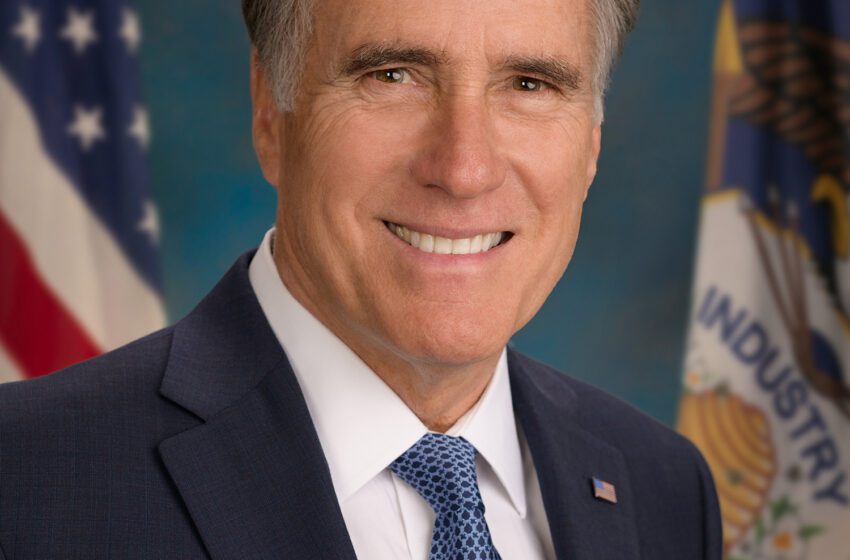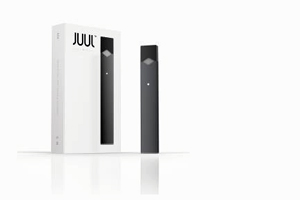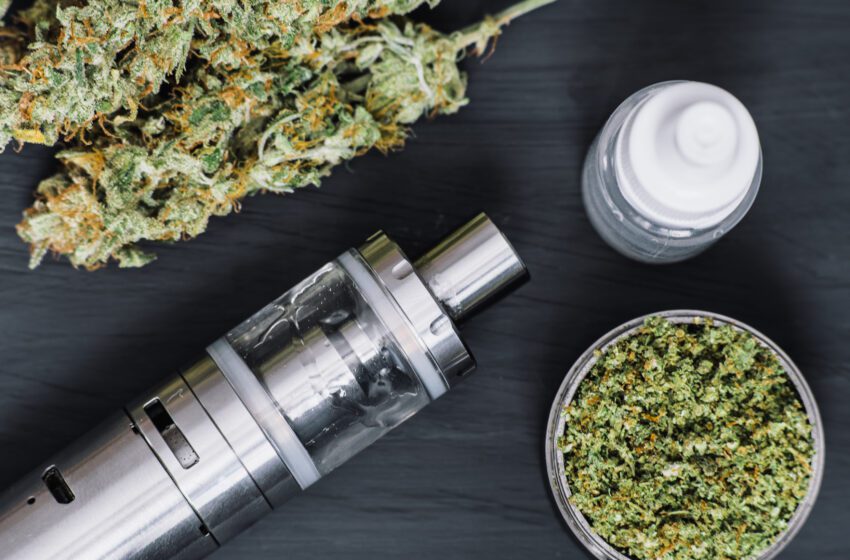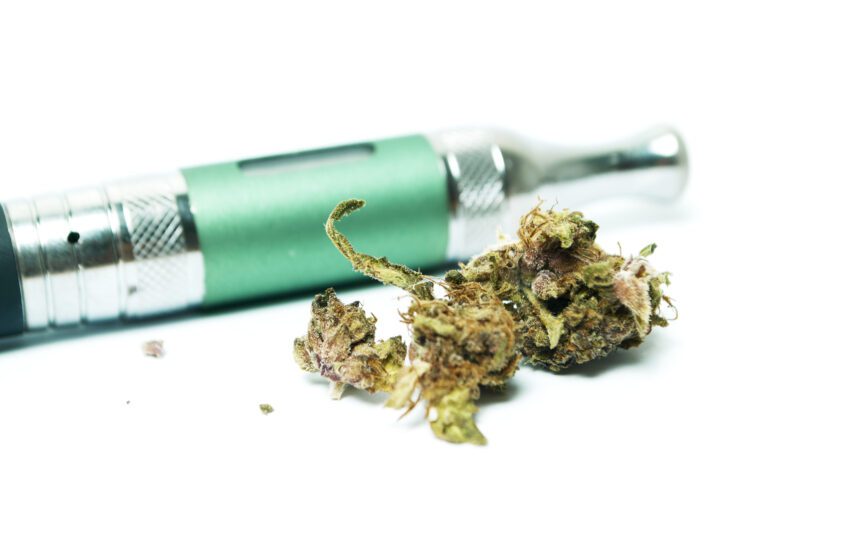Banning flavors for vapor products will send consumers to the black market. Even worse, a ban could send some vapers back to deadly combustible cigarettes. This was the consensus of several vapor organizations and tobacco harm-reduction health groups after President Donald Trump announced his intent to ban all flavored vapor products except for tobacco on Wednesday.
Katherine Mangu-Ward, the editor-in-chief of Reason magazine, probably stated it best when she tweeted “My god. The intense stupidity of this logic: 1) Black market vape cartridges made people sick, so, 2) let’s pass a bunch of regulations to push more popular types of vape cartridges into that same black market; 3) Lives will be saved! Wait, no. THAT WON’T WORK AT ALL. Argh.”
Alex Clark, CEO of The Consumer Advocates for Smoke-free Alternatives Association (CASAA), a vapor industry advocacy group, said in a statement that removing vapor products from the market and prohibiting the sale of nicotine vapor products in flavors other than tobacco will “inevitably lead to the creation of a massive, unregulated underground market” that exposes consumers to dangerous and unnecessary risks.
“Flavored vapor products were developed by consumers who wanted better quality and more effective alternatives to smoking,” Clark wrote. “That grassroots entrepreneurship and innovation is at the core of the vaping community and the industry it supports.”
Tony Abboud, head of the Vapor Technology Association (VTA), a vapor advocacy group, wrote in an email that flavored vaping products are one of the most effective smoking cessation tools on the market.
“A study by the New England Journal of Medicine found that vapor products are nearly twice as effective at helping adults quit smoking than any other nicotine replacement methods like the patch or pill,” Abboud wrote. “Not only that, but the Royal College of Physicians and Public Health England have reviewed all the peer-reviewed research and concluded that nicotine-vapor products are at least 95% safer than cigarettes. There has been no indication that industry standard nicotine-containing vapor products are to blame for recent cases of lung illness. In fact, FDA investigators found that cannabis or THC products were likely the cause.”
Other countries are weighing in as well. Doug Mutter, compliance director at VPZ, the largest vapor retailer in the UK, wrote in an email that Trump’s plans “do not make any sense and will mean that millions of Americans will be forced to choose between smoking again and turning to products on the black market.”
Mutter states that while Trump has rightly called for tighter controls and regulation of the US vapor industry, because there is no strict testing and regulation landscape in the US, “vaping is already proving to be a key weapon in the UK’s stop smoking strategy and is bringing momentum to the country’s ambition of becoming smoke-free by 2030.”
On Sept. 11, President Trump, Health and Human Services Secretary Alex Azar, and Acting Food and Drug Administration (FDA) Commissioner Ned Sharpless announced the intention of the Trump Administration/FDA to take additional action against flavored e-products. The FDA has had the authority to ban vaping flavors since 2016, however, the regulatory agency has previously resisted calls to take that step.
In a separate announcement, Acting Commissioner Sharpless announced that in the coming weeks the FDA’s Center for Tobacco Products would look to clear the market of flavored e-liquid via market authorization requirements based on preliminary results from the National Youth Tobacco Survey showing continued utilization of flavored e-products by youth.
Trump’s first public comments on vaping come as health authorities investigate hundreds of breathing illnesses reported in people who have used e-cigarettes and other vaping devices. No single device, ingredient or additive has been identified, though many cases involve marijuana vaping. The restrictions announced by Trump officials would only apply to nicotine vaping products, which are regulated by the FDA.
Several vapor retailers have expressed frustration over the flavor ban and place the culpability for the rise in youth vaping on small, easily concealed vaporizers and at least one former federal regulator agrees, going as far as to blame a specific product.
Scott Gottlieb, who stepped down as FDA commissioner in April, wrote in a tweet that one company, Juul Labs, bore particular responsibility for forcing the administration’s hand. “Unfortunately, the entire category of e-cigs was put at risk largely as a result of the youth abuse of mostly one manufacturer’s products,” Gottlieb wrote.
On Monday, the FDA issued a warning letter to Juul Labs for marketing unauthorized modified risk tobacco products by “engaging in labeling, advertising, and/or other activities directed to consumers, including a presentation given to youth at a school.”
The agency also sent a letter to the company expressing concern, and requesting more information, about several issues raised in a recent Congressional hearing regarding Juul Labs’ “outreach and marketing practices, including those targeted at students, tribes, health insurers and employers.”
This is what is currently known about the planned vapor flavor ban:
- Preliminary numbers from the National Youth Tobacco Survey show increases in the number of youth reporting use of e-cigarettes overall (based on reported use in the last 30 days): climbing from 21% in 2018 to 27.5% in 2019. Additionally, the survey indicates an increase in youth use of mint/menthol flavored e-cigarettes, rising from 51% in 2018 to 63.9% in 2019.
- CTP will, in the coming weeks, issue revised compliance policies concerning enforcement of the August 8, 2016 deeming regulations regarding all ENDS products except non-flavored and tobacco-flavored products.
- If CTP follows through with the policy revision outlined in Commissioner Sharpless’s statement, in the coming weeks, CTP is likely to rescind enforcement discretion for ENDS products concerning provisional Premarket Tobacco Product Applications (PMTA) that have a characterizing flavor other than tobacco. This will effectively ban flavored ENDS products unless there is a product on the market that has a PMTA authorization.
- Commissioner Sharpless’s statement contained a further warning for tobacco-flavored ENDS products: if future survey data indicates a migration of youth consumption patterns to tobacco flavored products, CTP will take additional action.
- Action threatened by CTP follows a warning delivered by FDA’s previous commissioner, Scott Gottlieb, following 2018’s announcement of a revised enforcement policy for flavored ENDS products sold in unrestricted retail establishments. In that announcement, Gottlieb indicated that FDA will take further action should the survey data show continued increases in youth consumption.
- In recent weeks FDA has faced mounting pressure from civil society and Congress (on a bi-partisan basis) to take action to address vaping issues. This pressure comes on the heels of media reports concerning young people falling ill or passing away due do complications experienced following vaping. Administration officials outside of FDA have expressly linked the Administration’s focus on this issue to these deaths and illnesses.









